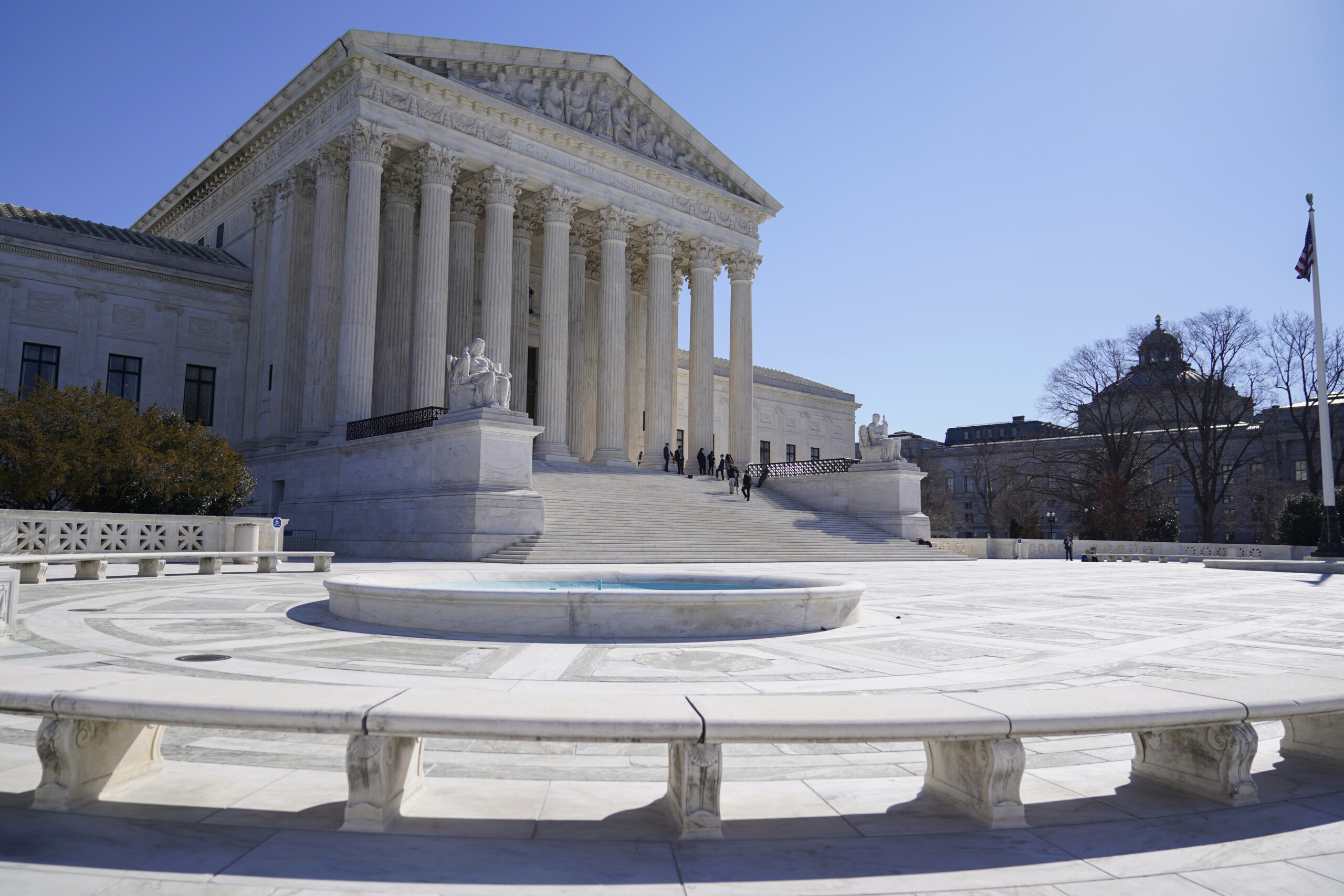

EXCLUSIVE — In the aftermath of the Supreme Court decision blocking race-based admissions at colleges and universities, medical school faculty at multiple institutions tried to find ways to circumvent the ruling, records show.
Documents obtained through a public records request made by medical advocacy group Do No Harm and obtained by the Washington Examiner show plans by faculty to maintain a diversity, equity, and inclusion, or DEI, focus in admissions while still technically abiding by Students for Fair Admissions v. Harvard.
“There is no evidence that any qualified minority student is being denied entrance to medical school based on their racial characteristics,” Dr. Stanley Goldfarb, Do No Harm’s chairman, told the Washington Examiner. “The idea that they need to attract more black applicants to their medical schools is not based on the presence of any barriers to their admission.”
“They neglect that admission to medical school not only involves the school and the prospective student but also the potential patients that that student will care for,” he added. “Those patients need the most qualified individuals that are available for their care.”
In the days after the Supreme Court decided the affirmative action case, faculty at the University of Houston College of Medicine sought to work with a legal team to find ways to advance affirmative action in healthcare within the framework of the decision. The medical school also held a joint event with the university’s law school in which they highlighted DEI in healthcare and described avenues left open by the Supreme Court’s ruling to achieve diversity goals.
“The Supreme Court’s decision on affirmative action may have a big impact on efforts among colleges and universities to reduce health disparities by increasing the diversity of the healthcare workforce,” Jessica Mantel, University of Houston law professor and co-director of the Health and Public Policy Institute, said in a July 5, 2023, correspondence regarding the creation of the joint event, only six days after SFFA was decided.
Mantel included possible topics of discussion, such as “how affirmative action in higher education has promoted greater diversity in the healthcare workforce” and “whether the new affirmative action legal doctrine announced by the Supreme Court permits consideration of race and ethnicity in admissions to higher educational programs preparing the future healthcare workforce.”
The email also appears to promote a theory called “racial concordance,” which is a controversial theory that claims better health outcomes are achieved when doctors are the same race as their patients.
The event would therefore “explain how diversifying the healthcare workforce can reduce disparities in health, including a discussion of any empirical studies supporting this” and “discuss whether it would be helpful for researchers to conduct additional research into whether and how diversifying the healthcare workforce reduces health disparities.”
Goldfarb said it is a “false assumption … that black patients require black physicians to reduce health care disparities.”
He pointed to Do No Harm research concluding that minority patients do not achieve greater health outcomes if their doctor is the same race.
“What black patients need is optimum health care, not racial concordance,” he concluded. “They too want the best physicians to treat them unrelated to their racial characteristics.”
Mantel added that she believed the Supreme Court’s decision left open two possible doors to continue affirmative action in some form but did not elaborate.
The email was sent to several faculty members and addressed to the University of Houston’s vice president for medical affairs, Dr. Stephen J. Spann, and population health professor Dr. Bettina M. Beech. Other senior members of the faculty were carbon-copied on the email, including UH Law Center Dean Leonard M. Baynes, who “specializes in … diversity issues.”
Neither the university nor the faculty members responded to a request for comment from the Washington Examiner.
Senior faculty at the University of Toldeo also lamented the Supreme Court’s decision in SFFA, with the school’s vice president for DEI, Dilip Das, writing days after the decision to College of Medicine and Life Sciences Dean Christopher J. Cooper, “I am trying to assist and encourage and provide ideas and tools to help increase the diversity of COMLS’s student body, which has now been made much more difficult by the SCOTUS decision.”
Das also suggested making partnerships with historically black colleges and universities as well as Hispanic-serving institutions.
Cooper responded by saying he had a meeting with a legal team about how to adapt to the new ruling and noted an assistant dean who could help with DEI ideology, named only as “Dr. James.” Das, however, pointed out that Dr. James was “exclusively engaged at Toledo Hospital,” adding that his hospital work was “leaving little time for DEI.”
Das went on to suggest looking at the legal strategies of California and Michigan to achieve loopholes for affirmative action, as both states have had bans on the practice for years.
In a statement to the Washington Examiner, the University of Toledo said it is “committed to full compliance” with the Supreme Court decision, adding, “It is incorrect to imply the University is attempting to circumvent the decision. In contrast, we have taken concrete steps to comply.”
Though it admitted to using a racialized framework as part of its admissions process prior to SFFA, the school said it acted immediately after the decision was handed down to pause the practice.
CLICK HERE TO READ MORE FROM THE WASHINGTON EXAMINER
“As an institution, UToledo remains dedicated to promoting equity and a sense of belonging within our campus community in legally appropriate ways,” the university added. “We continue to carefully review and adjust our policies to align with the recent Supreme Court decision.”
Schools across the country, including Harvard University, Virginia Commonwealth University, and the University of Louisville vowed to find ways to still implement affirmative action despite the SFFA decision.




